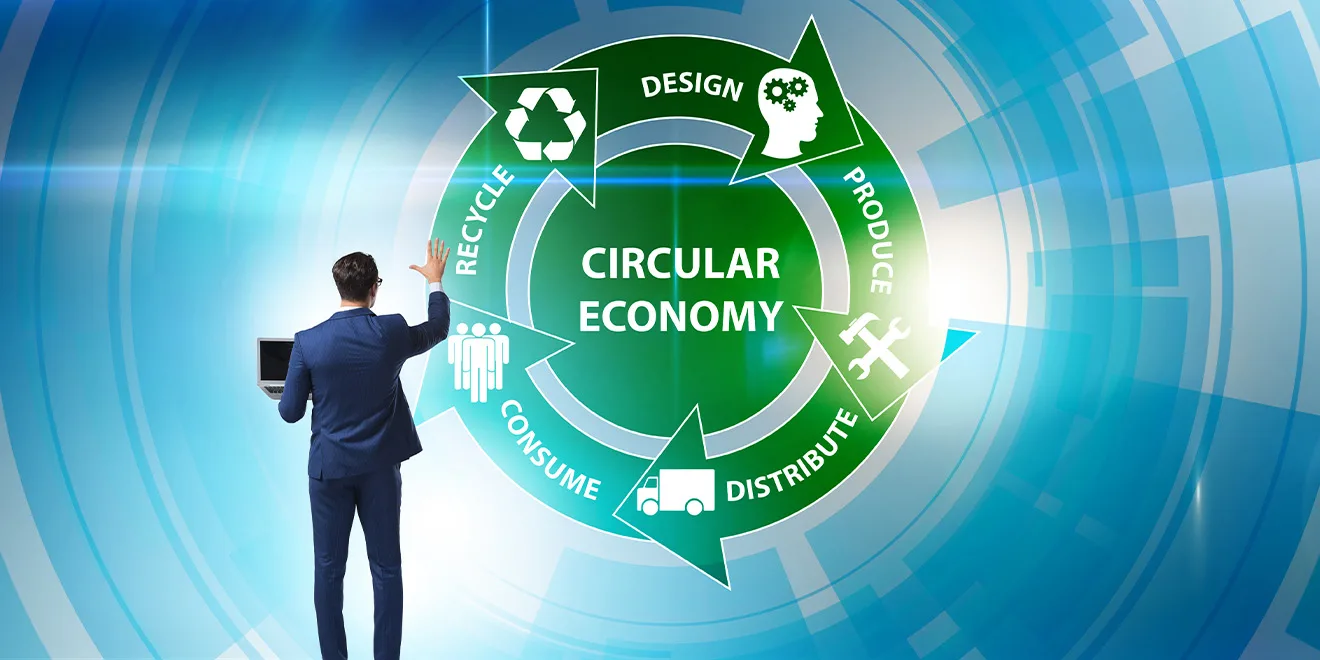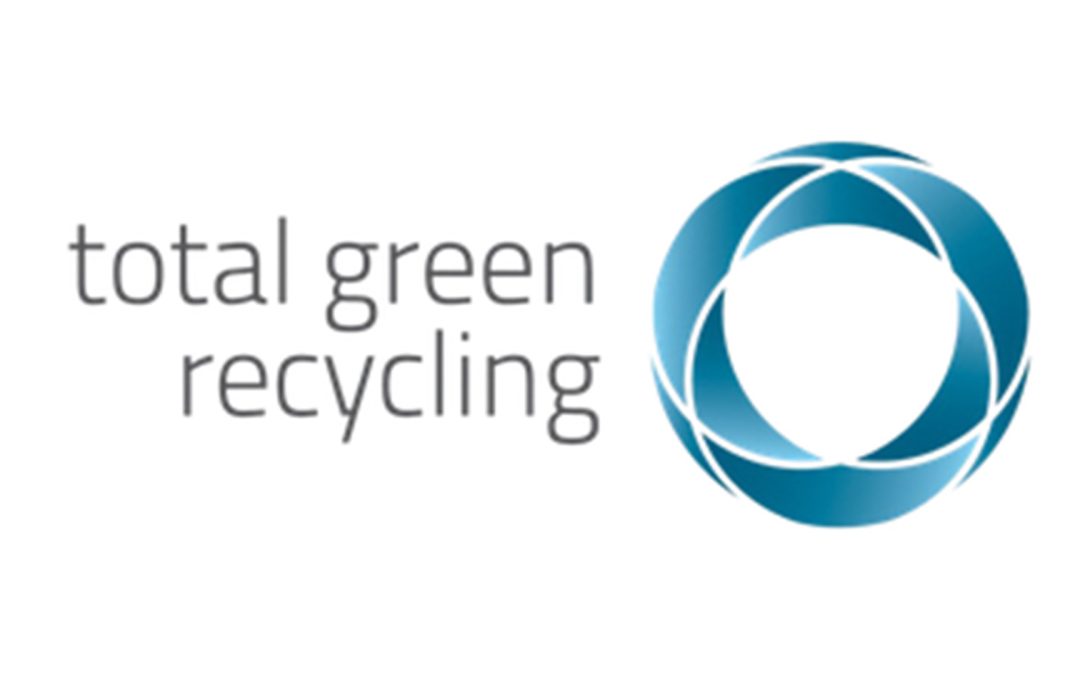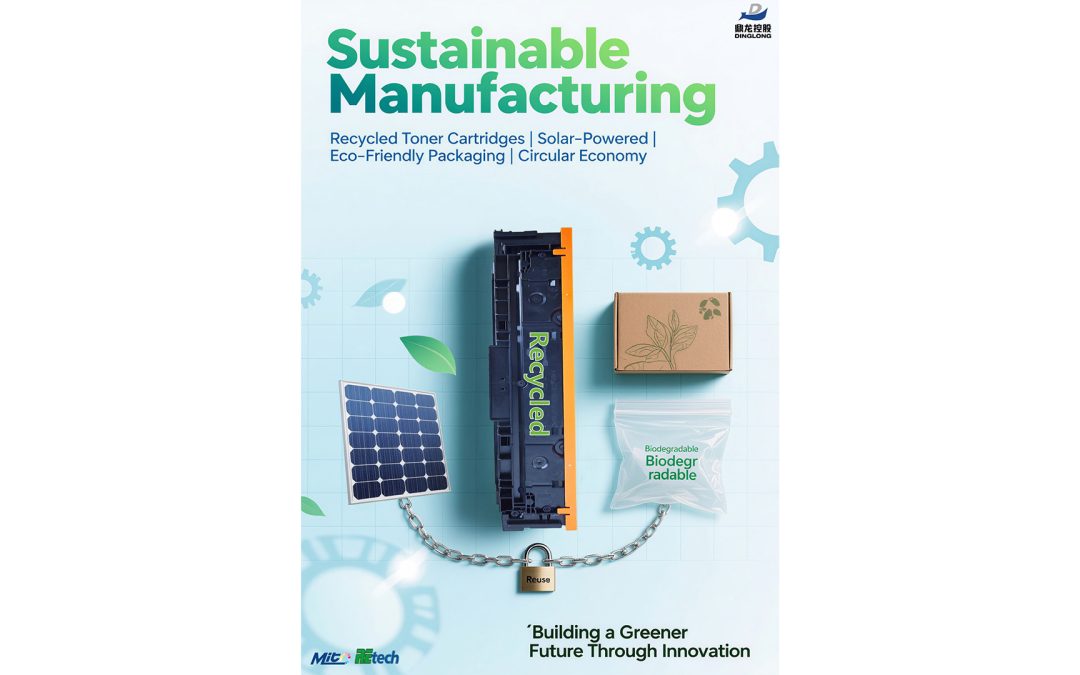The European Union (EU) faces challenges in achieving its circular economy goals, with circular material use declining in recent years. A significant contributor to this issue is the linear use of IT products, which generates substantial waste. Embracing a circular approach to IT products can bring substantial sustainability benefits and support the EU’s commitment to a greener future.
The Circular Electronics Initiative is aligned with the EU’s European Green Deal and focuses on the transition from a linear economy to a circular one. This transition requires the adoption of business models that prioritize the reuse and recycling of products and materials. The importance of a circular economy cannot be overstated, as it plays a critical role in sustainable economic growth, tackling climate change, and preserving biodiversity. By specifically addressing the issue of waste generated by IT products, the potential for achieving these overarching goals is greatly enhanced.
According to Eurostat, the EU’s average circular material use currently stands at less than 12 per cent, a concerning statistic. The Netherlands leads the way with a rate of 34 per cent. Regarding electrical and electronic equipment, the EU falls short of its target of a 65 per cent collection rate, with only around 40 per cent being collected for recycling. This highlights the urgent need for improved circular practices across all EU member states.
Experts emphasise the significance of extending the lifespan of IT products to reduce emissions. Iegor Trieshchov, Project Manager for Circular IT Solutions at Aliter Networks, states that the manufacturing phase of a notebook alone accounts for more than 80 per cent of lifecycle climate emissions. Whether through buying or renting IT products, using them for an extended period can significantly reduce emissions.
Furthermore, organisations should consider selling used computers to refurbishment or remanufacturing firms rather than storing them. This step enables circular practices and reduces greenhouse gas emissions. Recycling should be the last resort for these products, according to Andreas Nobell, Development Manager at TCO Development, the organisation responsible for the sustainability certification TCO Certified.
The EU must prioritise the circular use of IT products to achieve a more sustainable future. Increasing the collection and recycling rates, extending product lifespans, and promoting refurbishment and remanufacturing will be vital steps in reducing waste and driving sustainability. The EU can make significant progress towards its circular economy objectives and contribute to a greener planet.
The Circular Electronics Initiative suggests three strategies for using IT products more sustainably:
- Choose products that are made for a long life
If you need a new product, choose durable, repairable and upgradeable products with enough capacity to cover your needs for a long time. An easy way to do this is to look for products that carry a credible sustainability certification.
- Use the products for a few more years
A notebook generates about 300 kg of greenhouse gas emissions during its lifetime, of which the manufacturing phase in most cases accounts for more than 80 percent of lifecycle climate emissions. To reduce emissions, the most important thing you can do is to use products longer, for example, go from three to at least four or five years per product by default. From this perspective, a refurbished or remanufactured product is a good choice.
- Resell your used IT-products for reconditioning and reuse
Become a part of the circular economy by selling your IT-products to a refurbishment or remanufacturing firm. Once reconditioning options have been considered and the product has reached the end of its usable life, it should be handed over to a recycling facility where it is handled responsibly.
The Circular Electronics Initiative is a network of 28 companies and organisations, in different European countries, that collaborate with the aim of promoting a more sustainable use of IT products among companies and the general public. The members are: GIAB, 3stepIT, Advania, Aliter Networks, ATEA, Blocket, Chalmers Industriteknik, Circular Computing, Cistor, Closing the Loop, Dell, ETIRA, European Remanufacturing Council, Inrego, International Institute for Industrial Environmental Economics, IVL Swedish Environmental Research Institute, Lenovo, Recipo, Smithereens, TCO Development, Dustin, Tradera, Towards Zero Waste, Prime Computer, Innovent Leasing, Weee Centre in Kenya, Compare & Recycle, INDEED Innovation GmbH.





















